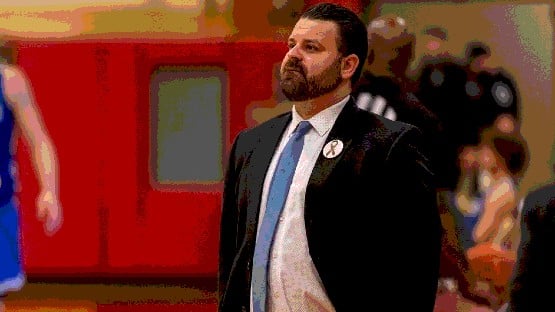
There are similar tools of the trade in Washington – the ones that transcend generations and national challenges. Tools that have helped our nation navigate through some of our darkest times and they’ve pushed us towards a brighter future. Yet even with a history of durability, there is a tendency to look away from them, as if the current state of affairs or polarized environment is too much for them to handle.
But they are as durable today as they were for our Founders and the many other generations of leaders who came before us. They are the old faithfuls. When our nation’s leaders reach for them, our nation moves forward.
Here are four tools Washington needs to reach for, if it wants to lead our nation well:
Strategic long-term vision. Temporary spending. Stopgap measures. Last-minute deals. These are the words of today’s Washington. We’re in a cycle of governing by crisis that only serves to kick the can down the road. We need to be more strategic and forward-thinking, because long-range planning precedes opportunity and advancement. The root of nearly every challenge we’ve faced in recent years – federal deficit, defense cuts, economic conditions – comes back to one thing: we need a strategic plan. Operating on a plan gives shape and purpose to our future, both as individuals and as a nation. Read about my strategic long-term vision for a variety of issues here.
Common ground. By its very nature, our system of government requires high levels of engagement and consensus to keep our nation moving forward. The linchpin in all of that is a marketplace of ideas, where – with ample dialogue – we admit problems and work through disagreements until the truth wins out. Americans are inspired when its leaders work together. They are reminded of our powerful democracy when leaders offer ideas and participate in cordial debate in front of the American people. But this also requires that proper procedures are in place and adhered to, that there is transparency into what is being proposed, and that there is the opportunity to review, discuss, and vote on legislative proposals one at a time – as opposed to the enormous, catch-all bills that have become so commonplace in Congress.
Innovative solutions. Innovation requires a respect for the past with an eye on the future. It requires leaders to think creatively. And for our federal government, it means coming up with solutions that support and empower businesses, researchers, scientists, nonprofits, and families to do what they do best: utilize the unparalleled innovation and resourcefulness of the American people to push our country forward. To do this, we need to reduce burdensome regulations, encourage medical discovery, remove the red tape stiflingtransportation projects, simplify the tax code, and so many other common sense solutions. When we do, Americans will drive our nation to new heights in technology, energy, science, and medicine.
Servant leadership. Servant leaders lead by example, practice humility, and stay vigilant. They fight not for themselves, but to better understand each other’s unwavering principles and ways to work within differences. Above all, servant leaders listen. We need servant leaders who are willing to fight for America, rather than themselves. We need individuals who are willing to make themselves and our government smaller so national interests can be made greater. Not in a heels-in-the-ground kind of way, but rather by taking a posture of debate that encourages the best ideas to win out. That is servant leadership, and it will propel us to an even greater future as a nation.
Each of these tools is powerful on its own, but we will have the most impact when we use them simultaneously to navigate the challenges our country faces. To effectively employ these tools, we need leaders who are more interested in getting things done, than getting credit. In doing something worthwhile, than being someone recognizable. In serving faithfully, than in seeming successful. When we, as a nation, foster that type of leadership – in our elected officials, in our society’s culture, and in ourselves — that is when we’ll see real movement in surmounting our current obstacles and begin to push our country forward into yet uncharted frontiers of innovation, advancement, growth, and prosperity.










